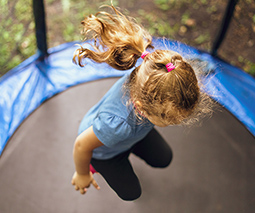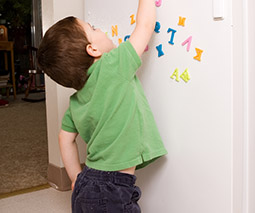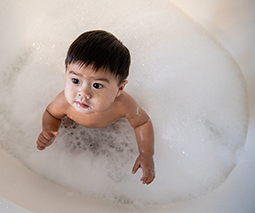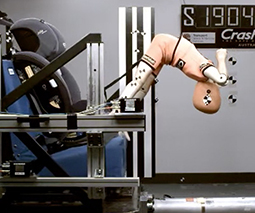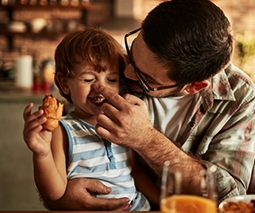Why you should never force your child to hug someone
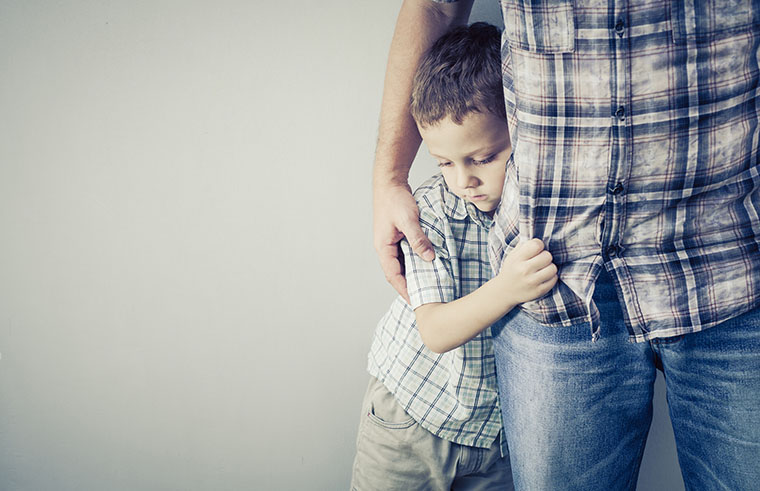
Most of us can recall being asked to give a relative a cuddle and feeling obliged to offer one to avoid disappointing our parents. Even if we didn’t want to offer physical contact, the fear of being reprimanded or upsetting Grandma Betty was usually enough to make us do it anyway. It all seemed so normal back then.
These days, there’s a different message being sent about making children hug relatives and family friends, and when you look at the issue deeply enough, it makes perfect sense. Consent is an important concept that kids should learn sooner rather than later.
Kids need to know that they’re in charge
In an age where we’re teaching our children about the right to say ‘no’ and having autonomy over their bodies, forcing a child to offer physical contact with someone flies in the face of this.
Given that sexual abusers are very often known to the family, teaching our children that they can say no to hugs and kisses with anyone – even their own family members – is going to go a lot further in protecting them, and avoid confusing mixed messages.
Here are five very good reasons why forcing your child to hug someone is a bad idea.
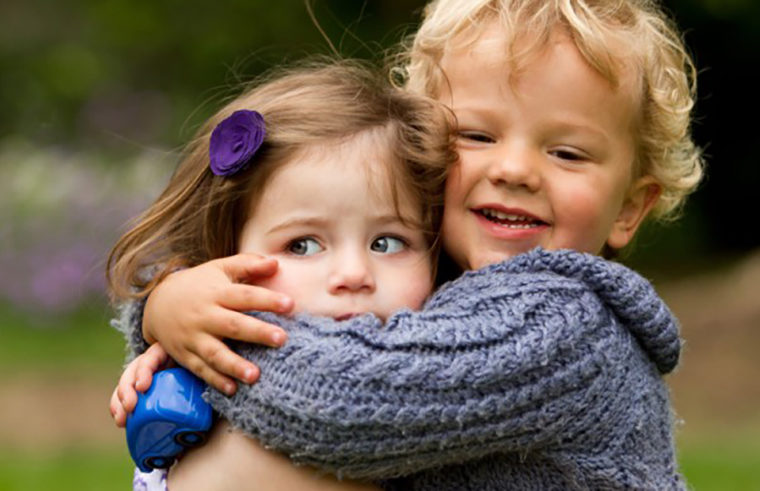
1. It teaches children that they don’t have control over their bodies
Boys or girls, all parents want their kids to feel in charge of their bodies. We talk to them about saying no to sexual predators and letting us know if anyone touches them in a way they don’t like. But if we encourage them to hug a relative they don’t want to, this goes against all that, teaching them that sometimes it’s easier just to give up control for the sake of keeping people happy.
If we want children to believe that their body belongs to them only, we need to stop pushing them to offer physical contact when they don’t want to.
2. Forcing hugs can be confusing for children
Depending on your child’s age, most of us are talking to our kids about what sexual abuse is and what they should always tell us about.
But just say your child’s abuser happens to be his cousin? Or family friend? If we push our child to cuddle his abuser, then his understanding of abuse could become muddled. They might start thinking that sexual abuse is only when strangers touch them, for example.
3. It sends the message that hugging is the only way to show affection
There are lots of ways to show affection to relatives and family friends, which need limited or no physical contact. For example, shaking hands, waving goodbye or offering a high-five are perfectly acceptable ways of greeting and saying thank you. Don’t forget to back up your child at all times with whatever method they choose to use.
4. It disregards your child’s comfort zone
Children need to be respected for their comfort zone, just like us. If they don’t feel like being touched, reassure them that that’s totally okay.
And don’t feel like you have to apologise for it, either. Telling relatives that your child is shy as a way of making them feel less offended is only going to label your child, encouraging them to play that role, when what we really want is for them to develop strong social skills and the confidence to say ‘no’ when they feel uncomfortable.
5. It ignores any cues your child might be offering you
Your child might have a good reason for refusing a cuddle with a family friend or relative, only they may not know how to tell you. By respecting their wishes and supporting them to withhold physical contact, you pave the way for a conversation with them later on, where they can feel safe in telling you what’s going on.

The teaching has to start early
This is not to say that all family members and visitors are would-be child abusers. By encouraging our children to decide whether or not they’d like to offer a friend or family member a cuddle, we also teach them that they have the right to decide who touches them – and this is a message that goes deep.
Not only does teaching children consent about their own bodies keep them safe, it has the important benefit of teaching them about other peoples’ body boundaries and right to consent. It’s a win-win.
Making it easier
There are ways to make it easier on everyone though, and avoid the awkward scene when your child refuses to hug someone as a thank you for their birthday gift.
Try chatting with relatives or visitors before they arrive, telling them that you’re teaching the kids about body autonomy and their right to say no to physical contact. If you explain your reasoning behind it, they’ll understand that it’s not about them, leading to fewer offended feelings.
And give your child other tools for communicating things like hello, goodbye and thank you, rather than hugs or kisses. Teach them to show their appreciation with high fives, thumbs up, fist bumps or even a friendly smile and simply saying ‘hello’ or ‘thanks’.
Sure, some might be offended, and it can be quite an awkward scene when your child refuses to hug or kiss someone goodbye. But here’s the thing: as adults, we just need to deal with that and get over it. It’s their body, so it’s their choice.
 Need some support to be the best parent you can be? Our Parent School parent coaching experts can help. Click to find out more or book a one-on-one session.
Need some support to be the best parent you can be? Our Parent School parent coaching experts can help. Click to find out more or book a one-on-one session.
